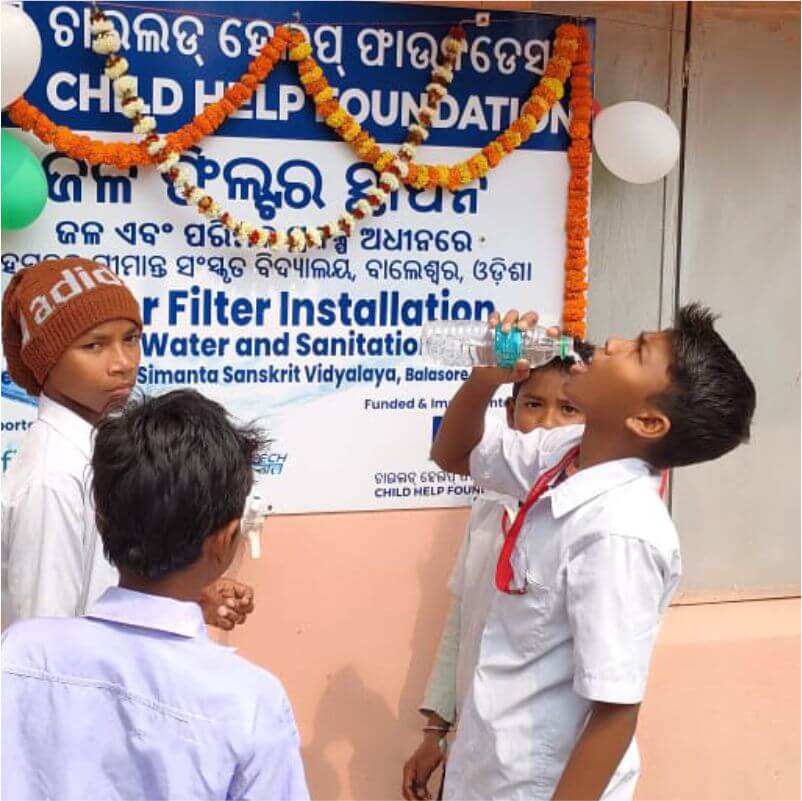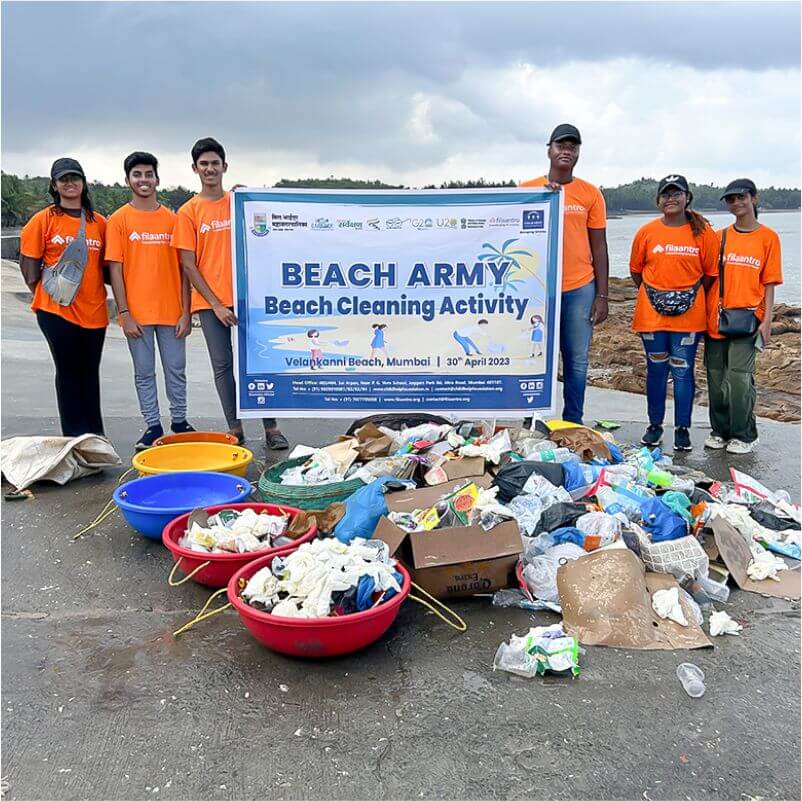Every year on March 22nd, World Water Day reminds us of the critical role that water plays in sustaining life on Earth. This global observance raises awareness about water-related issues and highlights the importance of conservation and access to clean water for all.
Why World Water Day Matters?
Water is a fundamental human need, essential for drinking, sanitation, agriculture, industry, and ecosystem health. However, millions of people worldwide still lack access to safe drinking water and adequate sanitation facilities, leading to waterborne diseases, environmental degradation, and economic challenges.
This year the theme of World Water Day is 'Leveraging Water for Peace,' aligned with the World Water Development Report titled 'Leveraging Water for Peace and Prosperity.' The campaign itself is named 'Water for Peace,' emphasizing water's dual role in fostering peace or conflict.
As we celebrate World Water Day, it's crucial to recognize the significance of this life-sustaining resource. Here are five common yet essential facts about water that highlight its importance:

- Water Is Finite: Despite covering about 71% of the Earth's surface, freshwater, the type we can readily use is limited and comprises only about 2.5% of the total water volume.
- Water Scarcity Is a Reality: Over 2 billion people worldwide live in areas facing high water stress. Climate change and population growth exacerbate this challenge, underscoring the need for sustainable water management.
- Declining Terrestrial Water Storage: Over the past two decades, terrestrial water storage including soil moisture, snow and ice has decreased by 1 cm per year, impacting water security globally.
- Rising Flood Risks and Water Scarcity: By 2050, the number of people at flood risk will rise to 1.6 billion, with 27% of the population in severely water-scarce areas.
- Changing Water Bodies: More than a fifth of the world's basins have experienced rapid changes, including flooding and drying up of lakes and wetlands. Arctic sea-ice levels are at their lowest since 1850 and may become ice-free in summers before 2050, highlighting climate impacts on water systems.
Challenges in Water Management

One of the biggest challenges facing our planet is water scarcity and pollution. Climate change, population growth, urbanisation, and unsustainable water use practices contribute to dwindling freshwater sources and deteriorating water quality. This has far-reaching consequences for human health, food security, biodiversity, and socio-economic development.
Innovative Water Solutions for Sustainability
Organizations, governments, and individuals are taking steps to address water issues through sustainable practices, conservation efforts, water treatment technologies, and policy reforms:
- Enhancing Carbon Storage: Protecting peatlands and mangrove soils can significantly sequester carbon, aiding in climate change mitigation.
- Preserving Natural Barriers: Coastal mangroves and wetlands act as natural shields against flooding and erosion, crucial for climate resilience.
- Rainwater Harvesting: Capturing rainwater, from rooftop systems to surface dams, enhances water resilience, especially in regions with erratic rainfall.
- Climate-Smart Agriculture: Techniques like soil moisture retention, drip irrigation, and waste transformation in agriculture promote water efficiency and reduce environmental impact.
- Wastewater Reuse: Treated wastewater offers a sustainable source for irrigation and industrial use, conserving freshwater resources and recycling valuable materials.
- Groundwater Management: Sustainable use and protection of groundwater are essential for adapting to climate change and meeting growing water demands responsibly.
On World Water Day, we must remember that everyone has a role to play in conserving and protecting water resources. Simple actions like reducing water waste, fixing leaks, using water-efficient appliances, promoting reforestation, and supporting water-related projects can contribute to a more water-secure future.
Child Help Foundation understands the interconnectedness of clean water with human well-being, ecosystems, and sustainable development. The organization, along with its crowdfunding partner Filaantro has donated and installed 55 water purifiers, water tanks and chillers at various schools in villages across India, benefitting 21,159 individuals. The organization has also conducted several beach cleaning drives across the country benefitting 20,905,620 aquatic lives.
As we celebrate World Water Day, let's commit to valuing, conserving, and responsibly managing our precious water resources for the benefit of present and future generations.
